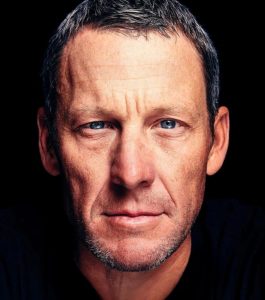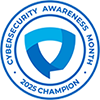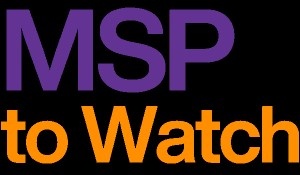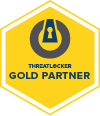 Former professional cyclist Lance Armstrong was widely celebrated for his seven consecutive Tour de France victories from 1999 to 2005. A cancer survivor and elite athlete, he was a hero to many. However, in the early and mid-2000s, his career was marred by a highly publicized doping scandal. The United States Anti-Doping Agency stripped Armstrong of his titles and banned him from professional cycling for life after concluding he had used performance-enhancing drugs throughout his career.
Former professional cyclist Lance Armstrong was widely celebrated for his seven consecutive Tour de France victories from 1999 to 2005. A cancer survivor and elite athlete, he was a hero to many. However, in the early and mid-2000s, his career was marred by a highly publicized doping scandal. The United States Anti-Doping Agency stripped Armstrong of his titles and banned him from professional cycling for life after concluding he had used performance-enhancing drugs throughout his career.
Armstrong’s public mistake cost him over $100 million, his career, his reputation and many friends. But he chose not to curl up in the fetal position and lose what he still had left: his wellness, lifestyle and family. He embraced his mistake, eventually rebuilding his professional and personal life. Today, Armstrong is an entrepreneur, philanthropist, podcaster, author and speaker who is open about what it took to go from hero to zero to human. At a recent industry conference, Armstrong spoke to entrepreneurs about how he survived his downfall and rebuilt a career and life he’s proud of.
Choose An Authentic Path Forward
After being banned from professional cycling, losing endorsements and many personal relationships, Armstrong felt he had three choices: lie down and give in to the suffering, retain some of his endorsements by becoming the face of anti-doping campaigns or try to rebuild on his own. He chose the latter. “Anti-doping wasn’t my life’s work, and it never will be, so I chose a more renegade path,” he explains. “It took longer, but I walk my path every day, and I’m glad I chose the path I did.” Armstrong focused on his passion for investing, including early-stage investments in companies like Uber and DocuSign, which eventually paid off in spades.
Authenticity in his personal life was essential too. “We all live these interesting lives, and it’s just a big canvas. At the end of the day, we get to look at the painting and say, ‘What do you think? How are you, Lance, as a friend? How are you as a father? How are you as a husband?’” he says. Working on being a good father, partner and friend kept him focused on his path forward.
Maintain Wellness
Despite the upheaval, Armstrong maintained important routines like cycling and swimming, and maintained the rhythm of staying healthy and focused. Still, the experience was traumatic. “I had to do a lot of work to remedy that,” he explains. “I’m talking deep work, trying to understand early life, early career, the downfall, where we go from here…. I’ve devoted a ton of time on that.”
Lean On Your People
After he had admitted his mistake, Armstrong lost half his friends and working relationships. Still, close friends and family remained. “As much as that sucks, you see these folks that are like, ‘I’m here right now. Now we go. Now we rebuild,’” Armstong recalls. “I think that’s the most important thing: if there are ever any headwinds working against you, that team of folks around you has to be the right team. People are everything.”











